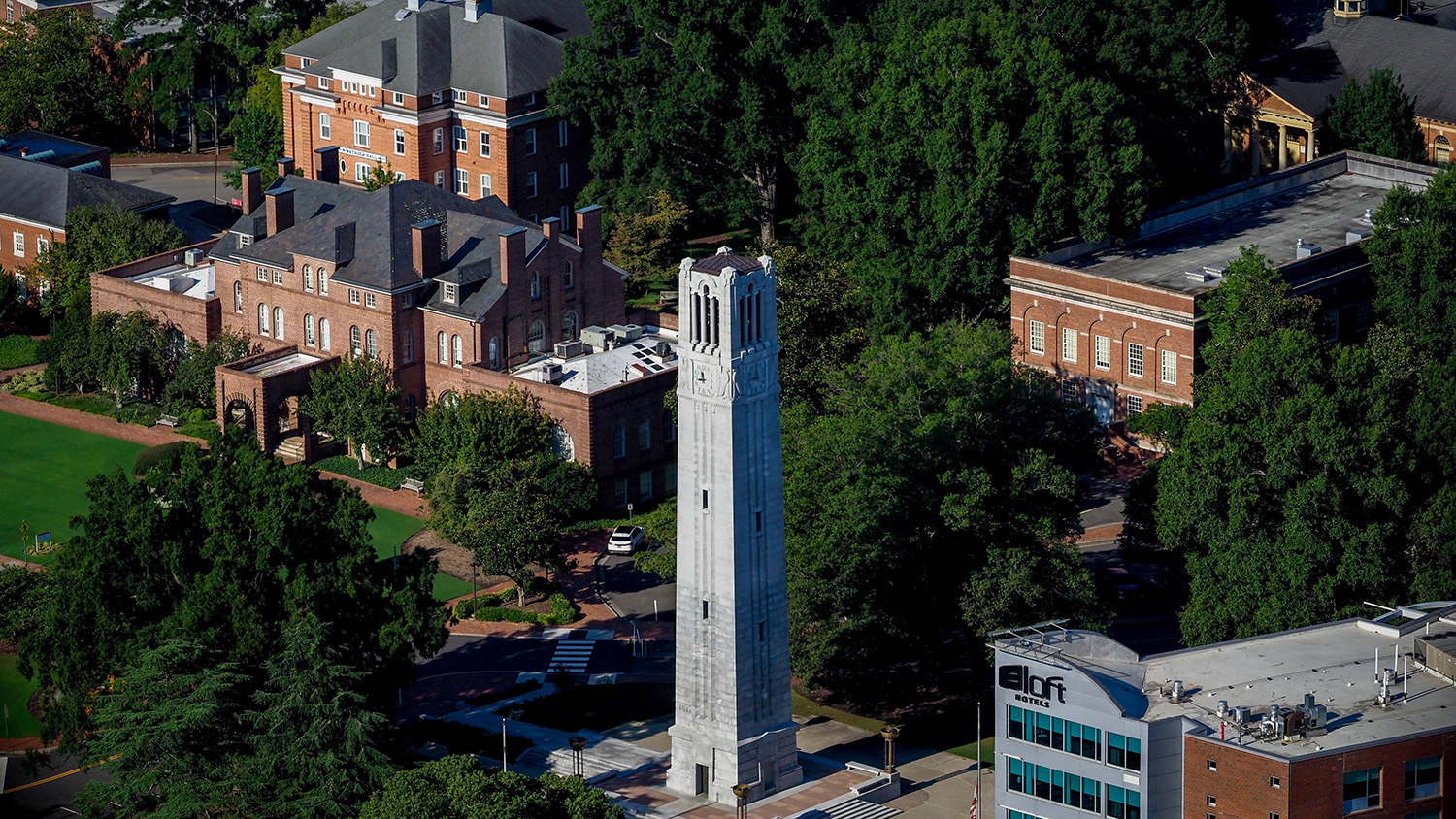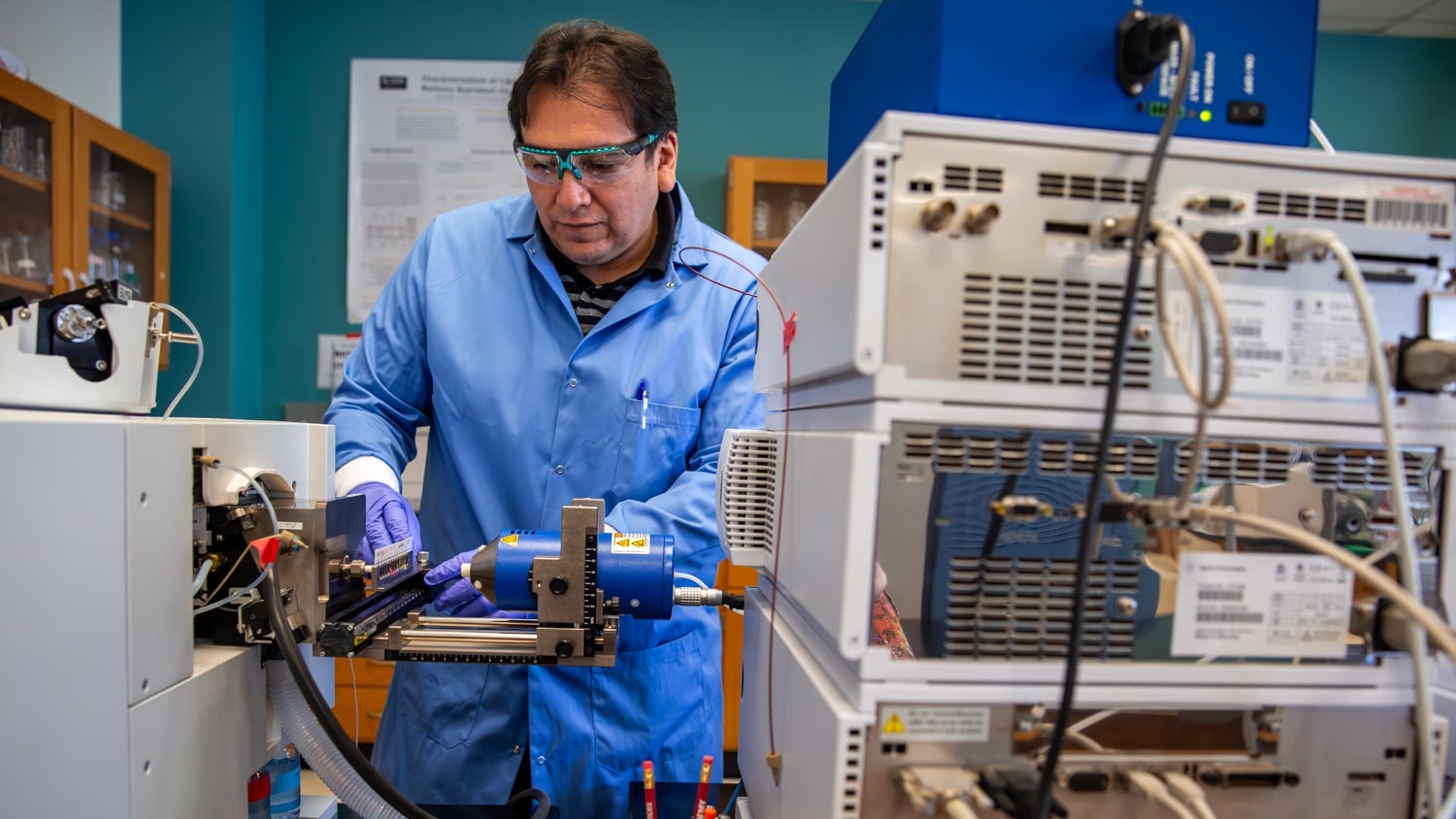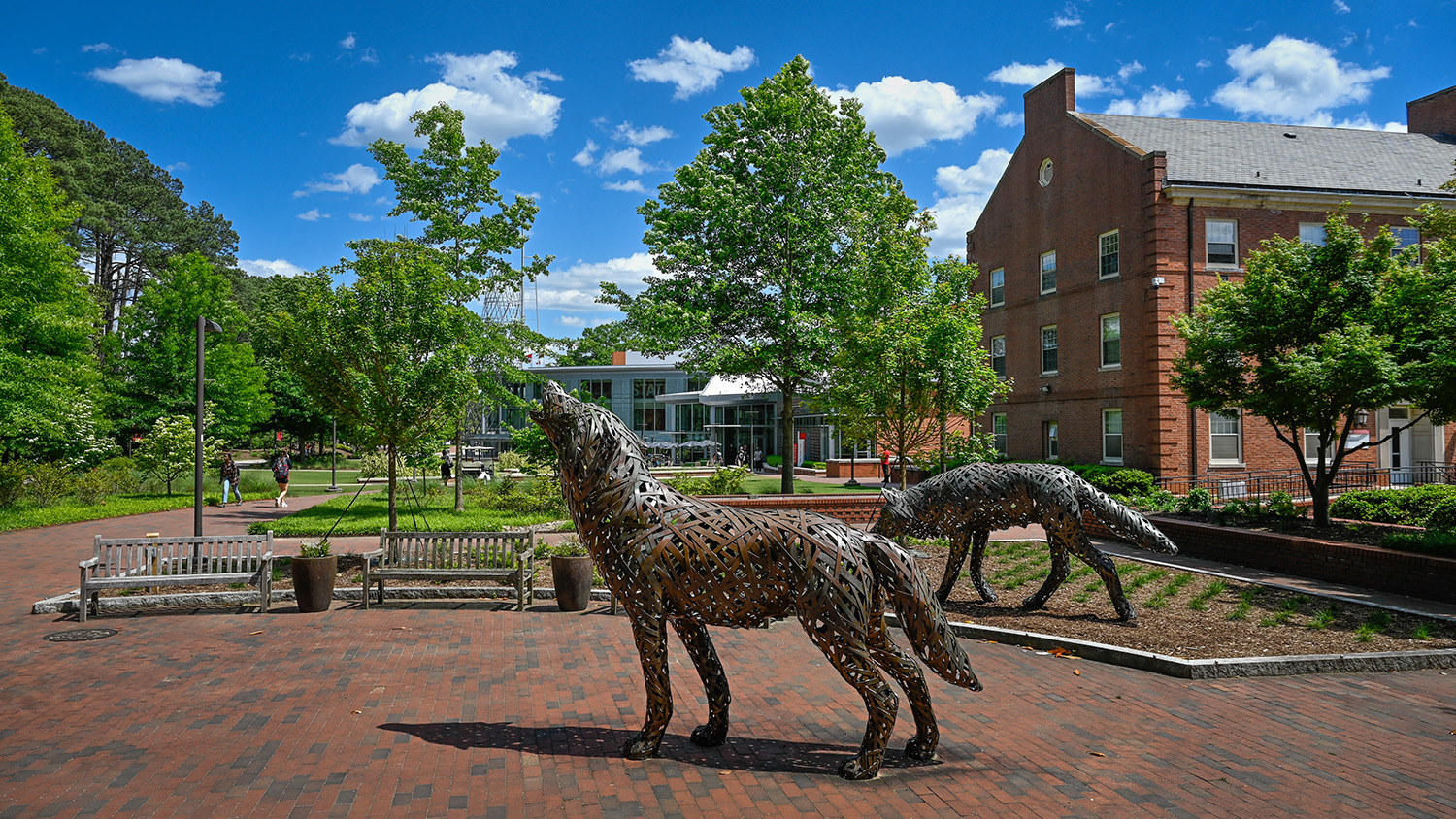5 Questions With New Science House Director
Studying science, technology, engineering and math (STEM) should not be reserved for a select few. All North Carolinians should access such wonderful topics. That’s the sentiment at least of Jason Painter, the new director of The Science House. Painter comes armed with several goals, including improving science and math literacy among women and minorities. NC State launched the Science House back in 1991 to improve the quality of teaching and learning in STEM. Painter chats with the Bulletin this week about directing young North Carolinians toward careers in STEM, and what inspires him.
When did your interest in science begin?
I was born in a mountain town called Stanton, Va. and pretty much grew up outdoors. I studied biology at college —there were no scientists in my family — I was just calmed and intrigued by science. After receiving my bachelor’s I knew I wanted to teach and went on to earn my master’s degree and teaching certifications. My favorite teacher was an oceanographer named Stan Riggs who is now a prominent coastal scientist at East Carolina University. Riggs loved science and taught based on his own research and things he was doing. I saw how exciting science could be and the passion he had for science. After teaching I volunteered with Science Olympiad. That’s when I was truly hooked.
What’s the best part about your new role here at NC State?
I love building partnerships that will make a real difference. NC State performs so much STEM outreach. There’s the Kenan Institute for Engineering, Technology and Science on Centennial Campus, the new Museum of Natural Sciences and the science and engineering departments have outreach too. I enjoy working together to leverage all our resources so even students in rural North Carolina will benefit. Our Science House camps are popular — each year we offer up to 25 camps — and these target underrepresented groups, namely young women and ethnic minorities. I enjoy seeing the students learn and their interest in STEM careers begin.
How do students respond?
Great! Students consider taking more science classes in high school after our camps. They learn how to prepare for a successful career and what courses are required to enter university. We ensure everybody knows how to succeed in the application process.
How can science teachers better nurture promising students?
Leave the classroom. Use outside resources so that science is not viewed simply as a textbook or something that is tested. Teach students real-world science, which is about problem solving and critical thinking. We have to work hard at this right now because I’m not sure we’re doing a great job of getting students engaged or inspired in science.
What is the best career advice you’ve received?
Life is about building relationships and about not burning bridges so always leave people with the best impression. Realize that it is a small world, especially in the science education community.
- Categories:


